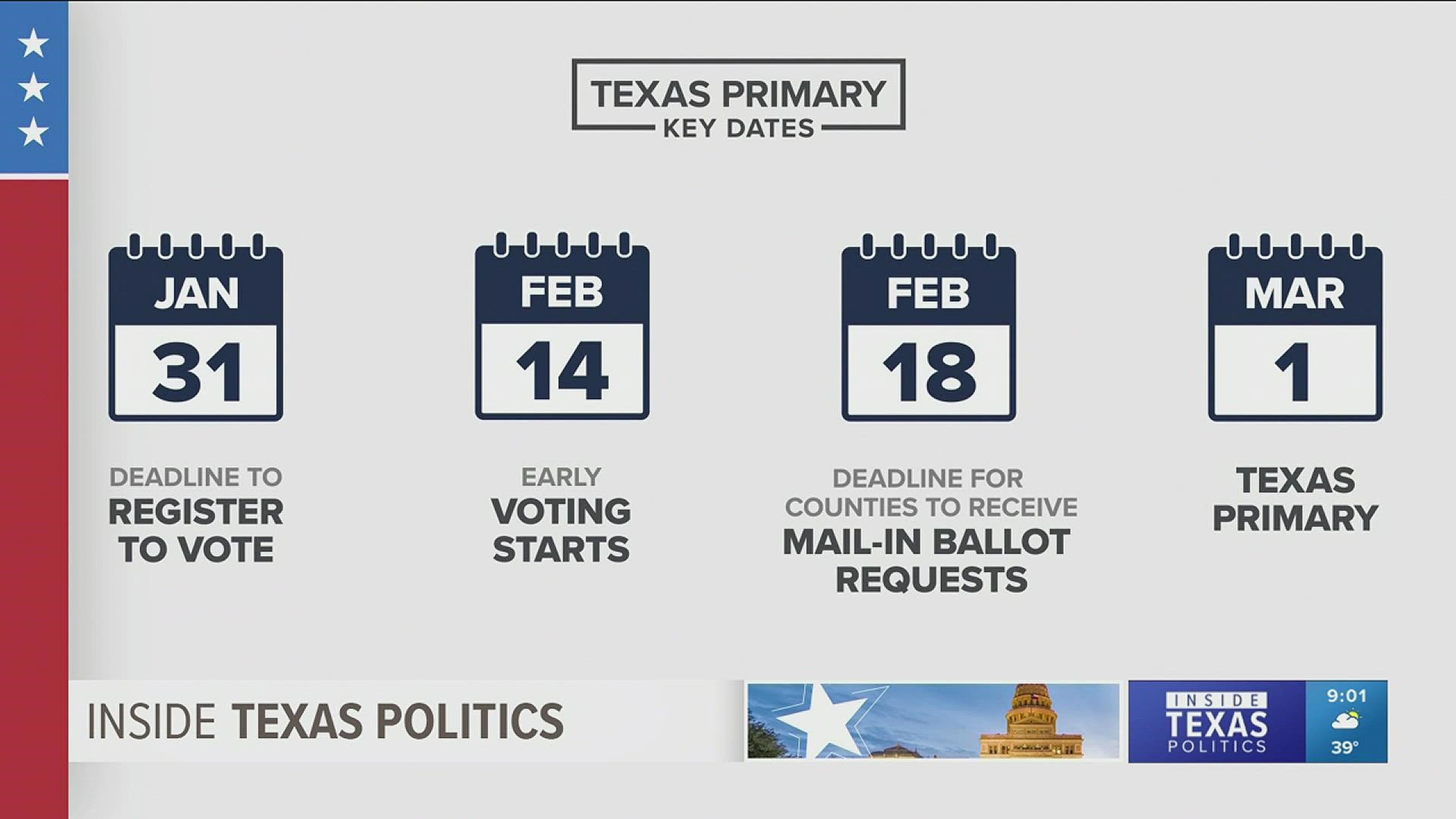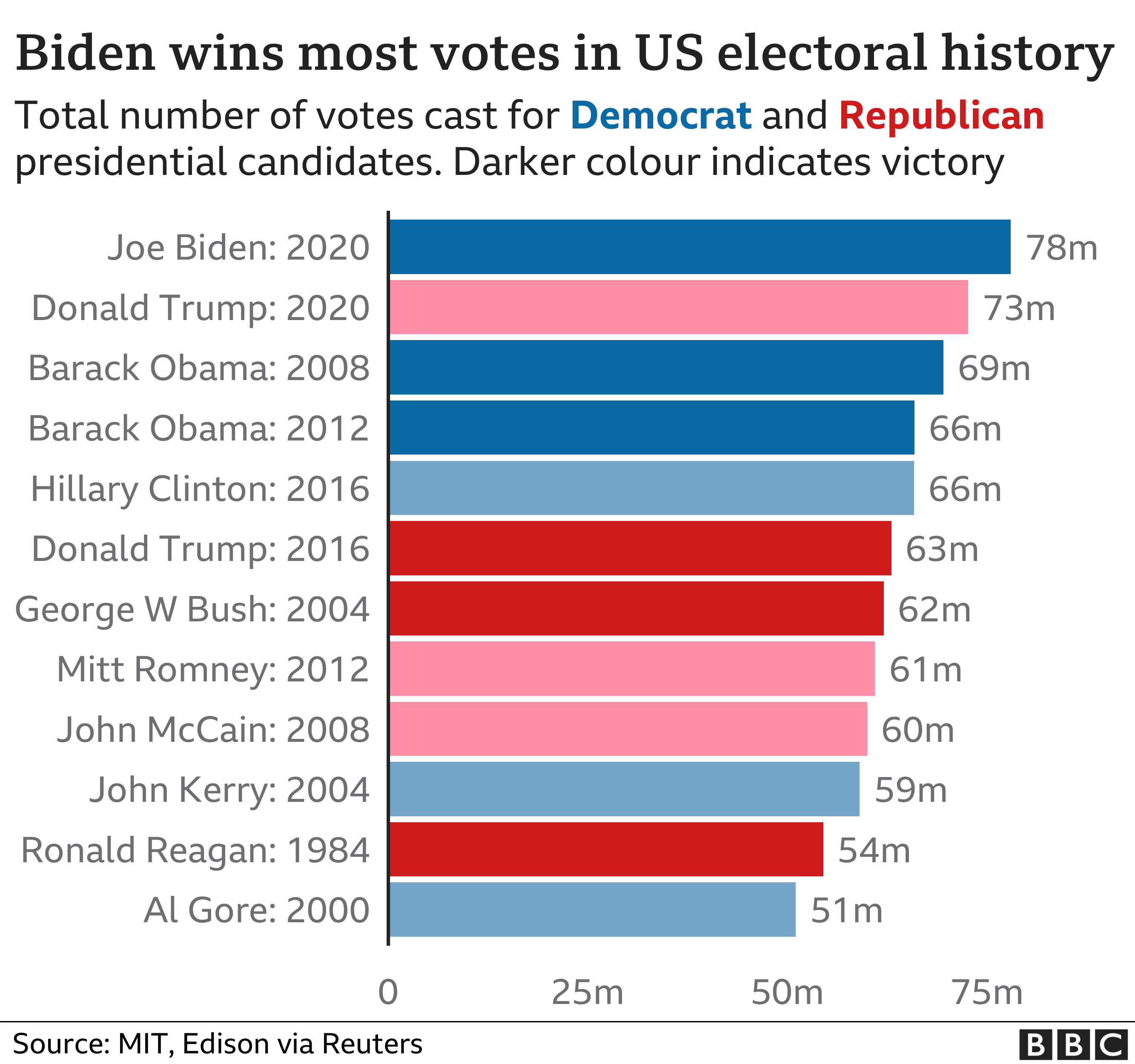Primary Elections

Primary elections are a crucial part of the US political process, serving as the foundation for selecting candidates for major offices. They represent a key stage in the democratic process, allowing voters to express their preferences and ultimately shape the political landscape.
Evolution of Primary Elections, Primaries today
The evolution of primary elections in the US has been a gradual process, shaped by political and social changes. Initially, candidates were chosen by party conventions, a system that often favored party elites and insiders. However, the rise of progressive movements in the early 20th century led to calls for greater voter participation in the candidate selection process. This eventually resulted in the adoption of primary elections in many states.
The adoption of primaries was not without its challenges. Initially, only a handful of states held primaries, and many party bosses resisted the change. However, the growing popularity of primary elections, particularly among voters who wanted a greater say in the selection of candidates, eventually led to their widespread adoption. Today, primary elections are a standard feature of the US political system, playing a critical role in shaping the outcome of national elections.
Key Issues and Debates in Today’s Primaries

The current political climate in the United States is marked by intense polarization and a growing sense of discontent among the electorate. This has resulted in a highly charged primary season, with candidates vying for the attention of voters by taking strong stances on a range of pressing issues.
The Economy and Economic Inequality
The state of the economy is consistently a top concern for voters. Candidates have offered a variety of proposals to address issues such as inflation, job creation, and income inequality. For instance, some candidates advocate for tax cuts and deregulation to stimulate economic growth, while others emphasize investments in infrastructure and education. The debate on economic inequality is particularly heated, with some candidates proposing policies aimed at redistributing wealth and closing the gap between the rich and the poor.
Healthcare
Healthcare is another major issue in the primaries, with candidates offering contrasting views on the role of government in healthcare provision. Some candidates support expanding access to affordable healthcare through government programs, while others favor a more market-based approach. The debate on the Affordable Care Act (ACA) is also a key point of contention, with some candidates seeking to repeal and replace the law while others aim to strengthen and expand it.
Climate Change
The issue of climate change has gained increasing prominence in recent years, and it is a major topic of debate in the primaries. Some candidates advocate for aggressive action to combat climate change, including policies such as carbon pricing and investments in renewable energy. Others downplay the severity of climate change or argue that the costs of addressing it outweigh the benefits.
Immigration
Immigration is a highly contentious issue, with candidates offering starkly different views on border security, immigration enforcement, and the path to citizenship for undocumented immigrants. Some candidates advocate for stricter border security measures and increased deportations, while others emphasize the importance of family reunification and a pathway to citizenship.
Social Issues
Social issues such as abortion, gun control, and LGBTQ+ rights are also prominent in the primaries. Candidates have taken varying positions on these issues, with some advocating for traditional values and others promoting social justice and equality. The debate on abortion rights, in particular, is highly polarized, with candidates often aligning themselves with pro-choice or pro-life stances.
The Role of Primary Elections in Shaping the Future: Primaries Today

Primary elections are the foundation upon which our political landscape is built. They serve as the initial stage in the selection process for candidates who will ultimately compete in the general election. These elections hold immense significance, influencing not only the choices presented to voters but also the very direction of our nation.
The Impact of Primary Elections on Candidate Selection
Primary elections act as a crucial filtering mechanism, narrowing down the field of potential candidates to a select few who will represent their respective parties in the general election. The outcome of these primaries directly determines the candidates who will face off in the final election, ultimately shaping the political landscape. The candidates who emerge from primaries often reflect the prevailing sentiments and priorities within their respective parties, influencing the political discourse and shaping the policy agenda.
The Influence of Primary Outcomes on the Political Agenda
Primary elections have a profound impact on the political agenda, setting the stage for policy debates and shaping the direction of national discourse. The candidates who emerge from these elections often carry with them specific policy positions and priorities, influencing the focus of subsequent political campaigns and the direction of national policy. The issues emphasized during primaries often become central themes in the general election, setting the agenda for policy debates and shaping the direction of national governance.
The Significance of Primary Elections in Shaping the Direction of the Nation
Primary elections are not merely a precursor to the general election; they are a crucial stage in the democratic process, shaping the political landscape and influencing the direction of the nation. The candidates who emerge from these elections often represent distinct ideologies and policy priorities, influencing the course of national policy and the direction of the country. Primary elections offer voters the opportunity to voice their preferences and shape the political landscape, ensuring that the candidates who ultimately compete in the general election reflect the diverse perspectives and priorities of the electorate.